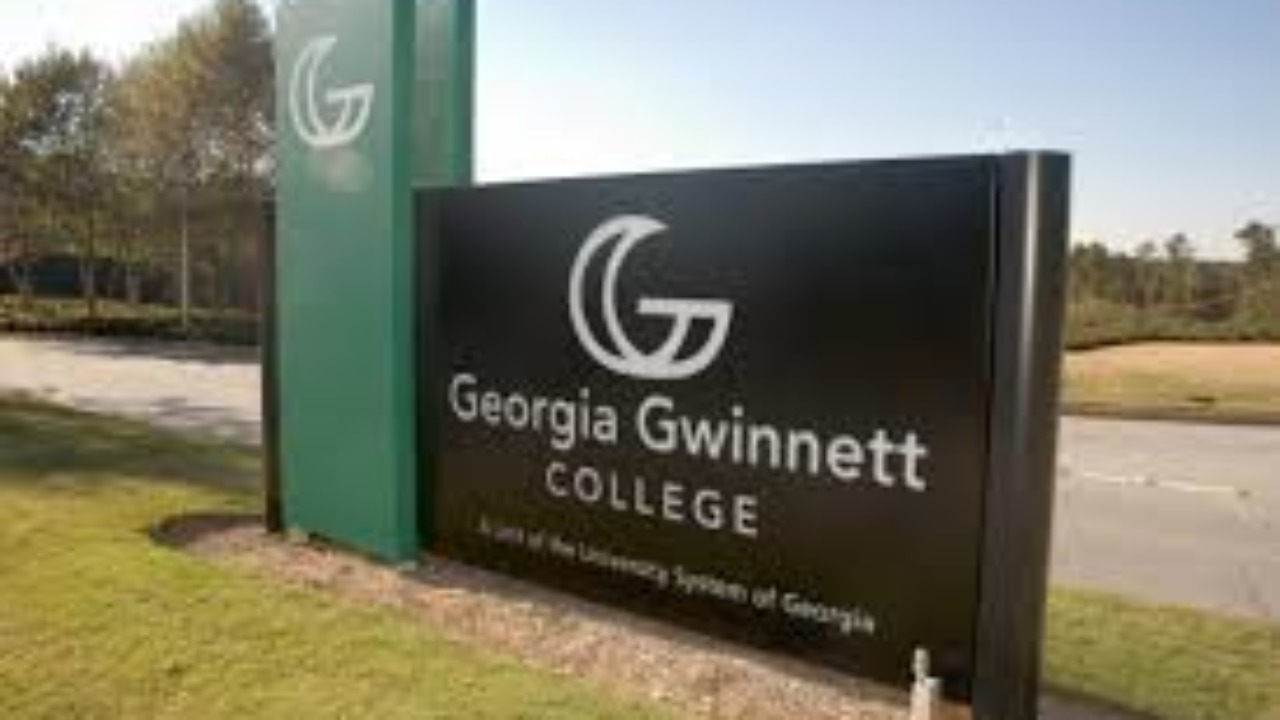ADF to 11th Circuit: Students deserve justice in free speech suit against Georgia college

Monday, May 13, 2019WHO: ADF Senior Counsel Travis Barham
WHAT: Available for media interviews after oral arguments in Uzuegbunam v. Preczewski
WHEN: Immediately following hearing, which begins at 9 a.m. EDT on Tuesday, May 14
WHERE: U.S. Court of Appeals for the 11th Circuit, Elbert P. Tuttle United States Court of Appeals Building, 56 Forsyth St. NW, Courtroom 339, Atlanta. Interviews will take place outside of the courthouse.
ATLANTA – Alliance Defending Freedom Senior Counsel Travis Barham, who represents a current and a former student at Georgia Gwinnett College, will be available for media interviews following his oral argument in their behalf at the U.S. Court of Appeals for the 11th Circuit Tuesday.
ADF attorneys appealed a federal district court decision that ruled the students’ First Amendment claims became moot after the college modified its speech policies. The court’s ruling failed to address whether GGC violated the constitutionally protected freedoms of students when it repeatedly silenced student Chike Uzuegbunam and thereby caused another student, Joseph Bradford, to censor himself to avoid similar punishment from the school. ADF attorneys filed the lawsuit to challenge the college’s speech zone and speech code policies, which violated the students’ First Amendment rights to free speech and free exercise of religion.
“The First Amendment guarantees every student’s freedom of speech and religion,” said Barham. “The district court clarified what Georgia Gwinnett College refused to make clear: that its students have the freedom to speak in any outdoor area of campus. While that’s good news, it doesn’t vindicate our clients’ rights. The district court ignored how GGC officials repeatedly censored Chike and the impact this had on Joseph. Those officials shouldn’t be allowed to get away with creating and enforcing policies that trampled the constitutionally protected freedoms of students.”
In September 2017, the U.S. Department of Justice filed a brief in favor of Uzuegbunam, who has now graduated, and Bradford, who remains a current student.
Uzuegbunam sought to share his Christian faith peacefully with other students on the Lawrenceville campus in 2016. GGC officials quickly stopped him because the speech zone policy required him to ask for permission to speak three days in advance and limited him to only two tiny areas on campus. Even after meeting these restrictive conditions, GGC officials ordered him to stop discussing his faith because they deemed it “disorderly conduct”—defined as any expression “which disturbs the peace and/or comfort of person(s).”
GGC has since amended its speech zone policy, and the U.S. District Court for the Northern District of Georgia, Atlanta Division, ruled in Uzuegbunam v. Preczewski that students are now permitted to speak in any outdoor area of the campus. Also, the college eliminated its speech code provision that prohibited “behavior which disrupts the peace and/or comfort of person(s).”
“Students don’t check their constitutionally protected free speech at the campus gate,” said ADF Senior Counsel Tyson Langhofer, director of the ADF Center for Academic Freedom. “Though we’re encouraged that GGC eliminated its unconstitutional speech code, and that the court ruled students can speak freely on campus, we need to ensure that the wrong done to our clients is righted.”
- Pronunciation guide: Barham (BEAR’-um), Chike Uzuegbunam (CHEE’-kay Oo-zah-BUN’-um), Preczewski (Preh-SHEV’-skee), Langhofer (LANG’-hoff-ur)
The ADF Center for Academic Freedom is dedicated to ensuring freedom of speech and association for students and faculty so that everyone can freely participate in the marketplace of ideas without fear of government censorship.